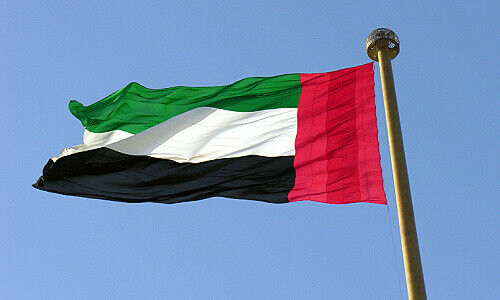The world's tallest building, deepest swimming pool, and largest indoor theme park are among world records held in the United Arab Emirates. Its passport also gives them the best access to the world.
Emiratis are the most mobile people on the planet based on the global acceptance of their passports by authorities, topping several European countries, according to the latest mobility score from Arton's «passportindex».
They have visa-free access to 121 jurisdictions, visa-on-arrival in 59, and are required to get visas for only 18, according to the study, giving the UAE a mobility score of 180.
Next in line are 10 European countries, including Switzerland, and South Korea with scores of 173. Swiss passport holders can enter visa-free access to 123 jurisdictions, 50 more upon arrival and require a visa for 25.
Second Passports
Access like that is what makes European passports so attractive. According to a study earlier this year by Henley & Partners, European countries such as Malta, Austria, and Montenegro, which have «attractive investment programs,» are gaining favor over Caribbean countries, as finews.com reported.
According to the «passportindex» report, holders of an Austrian passport have access to 174 countries, with Malta at 170.
Important for Global Investors
The importance of second passports was illustrated by the Covid pandemic where in Europe, the borderless Schengen zone came to a standstill during the first pandemic. In addition, there was the fallout from Brexit after the UK opted to leave the European Union.
«Investors realize that diversification is as relevant to lifestyle planning as it is to wealth management,» wrote Henley & Partners Chairman Christian Kaelin in a finews first article last year.
Bounceback from Covid
Last year, the UAE passport bounced back to the top spot with a mobility score of 160 after having fallen to number 14 due to covid border closures. In 2019 it was also the leader in travel to 179 nations. The UAE hosted the Expo 2020 Dubai which ended in March this year. It subsidized the country pavilions of lower-income countries in exchange for visa-free arrangements.



































